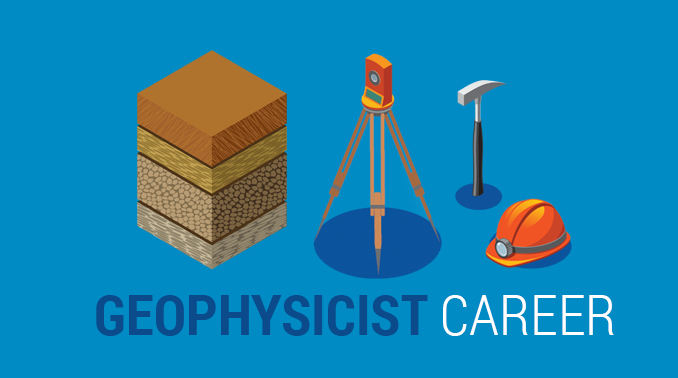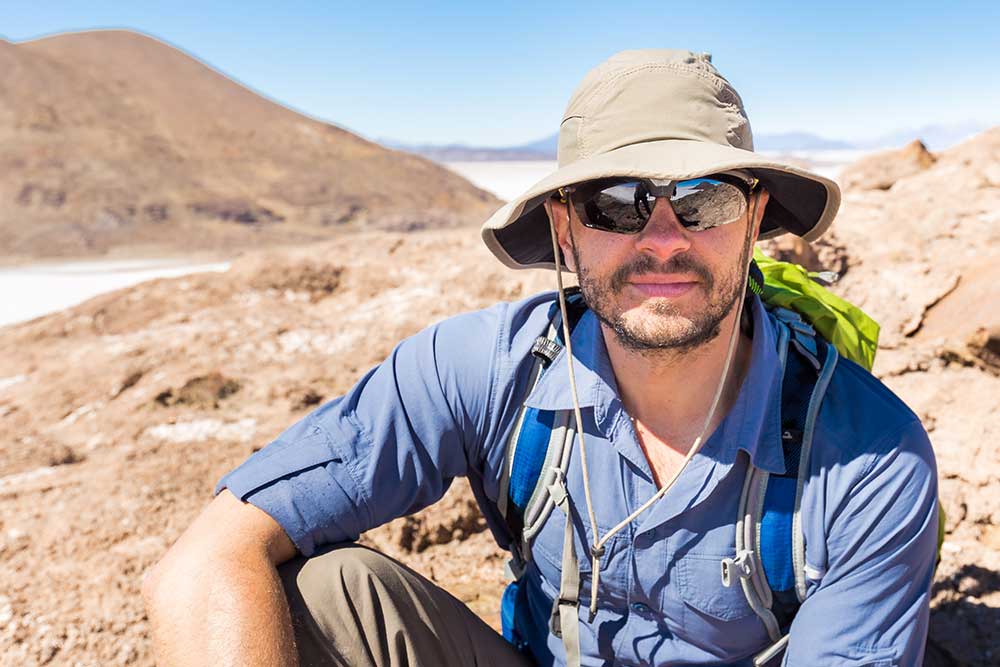All Categories
Featured
Table of Contents
What Does A Geophysicist Do? Role & Responsibilities in The Vines Western Australia 2022
This work is increasingly contracted out, so consultancies supply another source of work. Consultancy firms differ in size, from extremely small companies to large multinationals. Some consultancies are quite specialised in utilizing specific geophysical techniques or working in particular places, while others use a more diverse series of services to their customers.
The extraction of gas from landfill sites is another area of work and this might grow in the future. Expedition business may undertake work for building firms, water business, mining companies and environmental firms, so geophysicists may be employed in any of these settings. Other employers consist of: geological surveysgovernment bodies and agenciesuniversities and research study institutes.


Jobs might be noted in the oil and gas sector press. Recruitment is affected by oil cost fluctuations and the level of competition for positions varies depending on this. Careers Days, which cover the complete variety of geoscience careers and are usually participated in by a number of key market employers, are run by The Geological Society.
Environmental Geophysicist in Watermans Bay Aus 2021
Some of the large oil and gas companies provide a complete two-year structured training programme across the breadth of geophysics, consisting of the chance to experience operate in numerous teams before specialising in one location. Your training may include work on: existing wellsmagnetic and gravitational prospective field information analysisresearchrock analysis. Nevertheless, it's more usual for your initial training to be supplied on the job.

There may be a probationary period throughout which you work alongside a knowledgeable colleague. Competency-based appraisals occur regularly in most firms. In smaller firms, and for academic posts, there is not likely to be any official training - you'll be expected to begin work straightaway and select up skills as you go along.
If you work for a smaller company, you may find that you need to take obligation for setting up and funding your own development and training. If you have a geology degree, subscription of The Geological Society can be useful for networking and for keeping up to date with the market.
What Is Geophysics And What Do Geophysicists Do? in Coolbinia Western Australia 2022
You might likewise discover it helpful to sign up with the PESGB (The Petroleum Expedition Society of Great Britain, which has a geophysics special interest group. After a probationary period, and once you have actually acquired some experience, you could advance to senior geophysicist, then team leader and after that into a senior function in management.
The ease of motion in between roles depends on the business structure. Study at Masters or Ph, D level in a subject related to geophysics or geosciences may assist with your profession development and progression. The work market within the oil and gas industry is really based on rate and this may impact your chances for profession progression.
Not all jobs are dependent on the oil and gas markets. For experienced geophysicists, freelance consultancy offers an excellent path for career development. You can also specialise in a particular area of geophysics. As a geophysicist, you're likely to have several tasks throughout your working life. Global mobility is vital for dealing with peaks and troughs in different nations at various times.
Archaeological Geophysics And Geochemistry Planning A Geophysical Survey: Environmental & Physical ... in Maida Vale Oz 2020
From geophysics, it's possible to focus on seismology (finishing more training to end up being a seismic interpreter) or to move into related locations such as engineering geology or risk forecast.
Deciding what to study in college is a hard option. Even if you understand that your field of interest lies in science, what program of research study is best for you? If you make the decision to major in physical and biological sciences and pursue a career as a geophysicist, you're getting ready for an exciting and successful profession.
The first step to accomplishing your goal of becoming a geophysicist is earning a degree. Even for entry-level positions in the field of geoscience, you'll require a bachelor's degree (a geophysicist college degree) from a recognized college or university. Some research study positions require candidates to hold master's degrees and even Ph.
Greeley-evans Area 3d Geophysical Survey in Bickley WA 2021
Postgraduate degree are particularly important if you prepare to teach at a four-year institution. Geophysicists use physics concepts and techniques to study the gravitational, magnetic, and electric fields of the earth. This enhances researchers' understanding of both the world's interior core and its surface area. Geophysicists should have the ability to: evaluate rocks, photographs, and other pieces of information carry out research both in the field and in laboratories produce maps and charts of their findings compose reports To accomplish all this, students need a specialized education for geophysicist careers.
As stated above, you'll require a bachelor's degree in geoscience or a related discipline, such as a physical science or a natural science, to land an entry-level job. But trainees can likewise prepare by learning topics like: Biology Chemistry Computer science Engineering Mathematics Physics The above geophysicist majors offer a more generalized technique to a single clinical discipline, but most programs require trainees to take several geology course.
Latest Posts
Geoscientist - College Of Science in St James Aus 2021
What Is A Seismic Survey? in Straffon Oz 2021
What Are Geological, Geochemical, in Hovea WA 2022